
The Minister of Finance Dr Cassiel Ato Forson has said during a deep-dive session on the Ghana Energy Compact under Mission 300 at the World Bank in Washington, US, on Tuesday April 22 said that Ghana’s energy sector is currently the biggest economic risk we face.
Dr Forson indicated that the sector is burdened with a financial shortfall of approximately $2 billion.
This amount surpasses the domestic capital expenditure, he said.
“This challenge goes beyond tariffs. The entire energy value chain requires urgent reform. Inefficiencies, especially in the distribution sector, are being passed onto the ordinary Ghanaian through high tariffs. ECG alone could cut the shortfall by half if it addresses these inefficiencies,” Dr Forson wrote on his X page after the meeting.
He further stated that cabinet has already approved private sector participation.
“We have submitted the Legislative Instrument to Parliament to enable competitive procurement for power plants. These are critical steps toward bringing transparency and sustainability to the sector.
“The Energy Compact has come at the right time. It has the potential to make a lasting impact, and we are hopeful that the process will not be delayed. Time is of the essence. We must act swiftly to turn this around for the good of our economy and the well-being of our people.”

Dr. Cassiel Ato Forson is leading the country’s delegation to the 2025 IMF and World Bank Spring Meetings.
This is the first such participation under the new National Democratic Congress (NDC) administration led by President John Dramani Mahama.
The meetings come just one week after Ghana secured a staff-level agreement with the International Monetary Fund on the fourth review of its IMF-supported programme.
This agreement is expected to lead to the release of approximately 370 million dollars in support of Ghana’s economic recovery agenda.
What makes the deal particularly noteworthy is that it was reached despite the fact that several structural benchmarks and quantitative targets under the programme had been missed before the new administration took office.
The agreement reflects renewed international confidence in Ghana’s direction, largely driven by the swift and targeted actions taken by the new government.
The Mahama-led administration has worked tirelessly to reverse the country’s fiscal challenges. In many cases, it has fast-tracked the implementation of key structural reforms while introducing additional corrective measures aimed at restoring macroeconomic stability and credibility.
One of the most urgent issues addressed has been the large buildup of payables in 2024, which created a significant primary deficit—far exceeding the modest surplus that had been programmed.
The government has responded with a bold and pragmatic reform package to curb arrears, reinforce spending discipline, and strengthen Ghana’s public financial management system.
The post IMF/World Bank Spring Meetings: Ghana’s energy sector is currently the biggest economic risk we face – Finance Minister first appeared on 3News.
Read Full Story


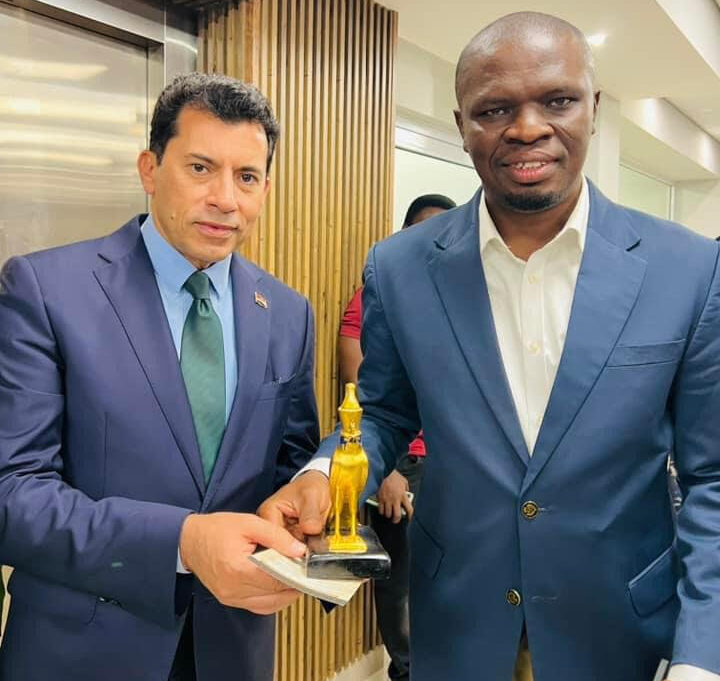
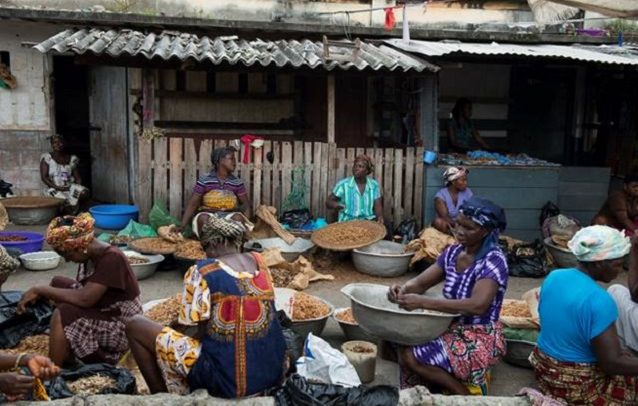
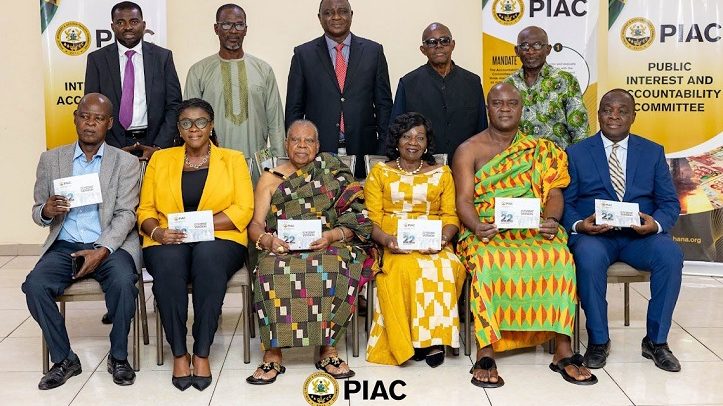

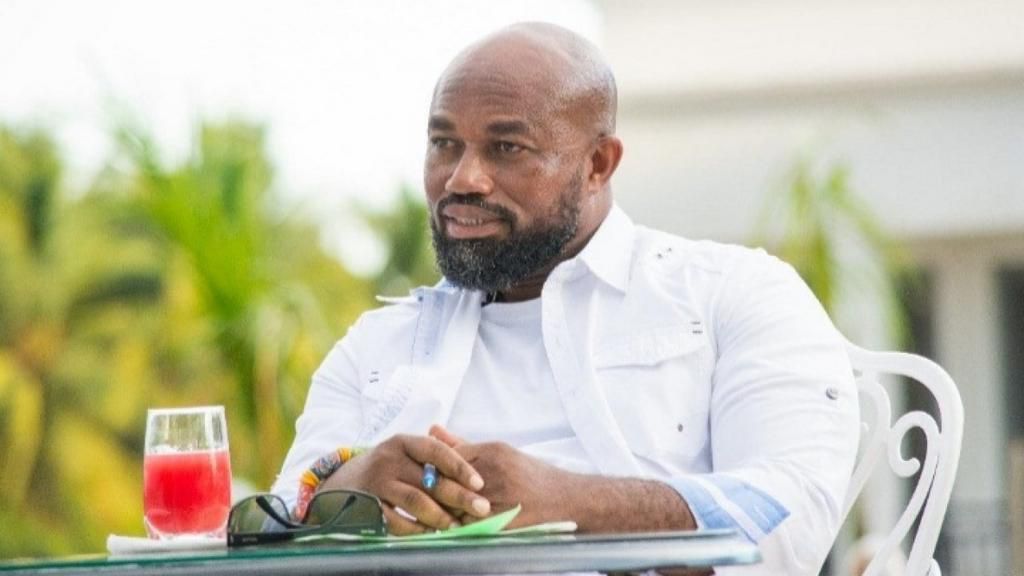


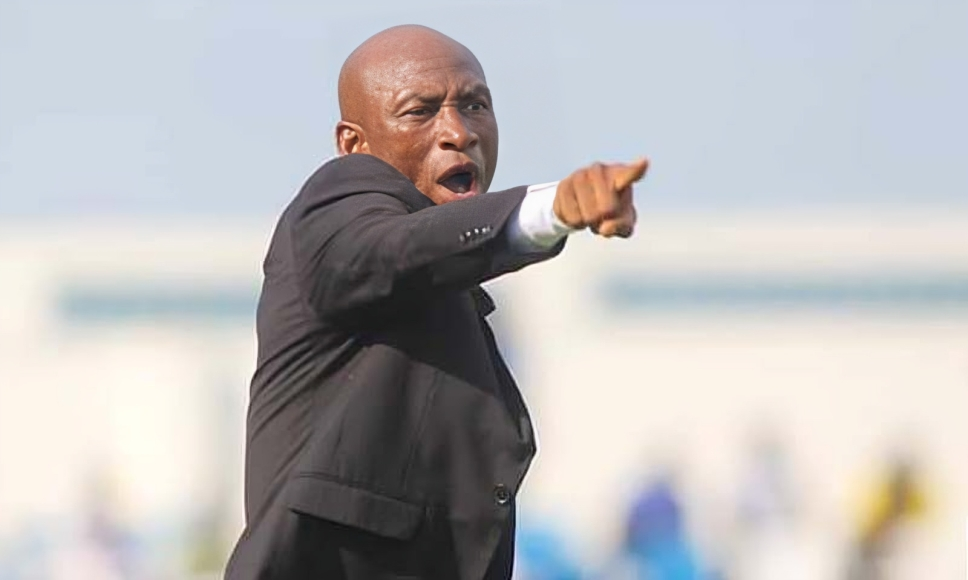




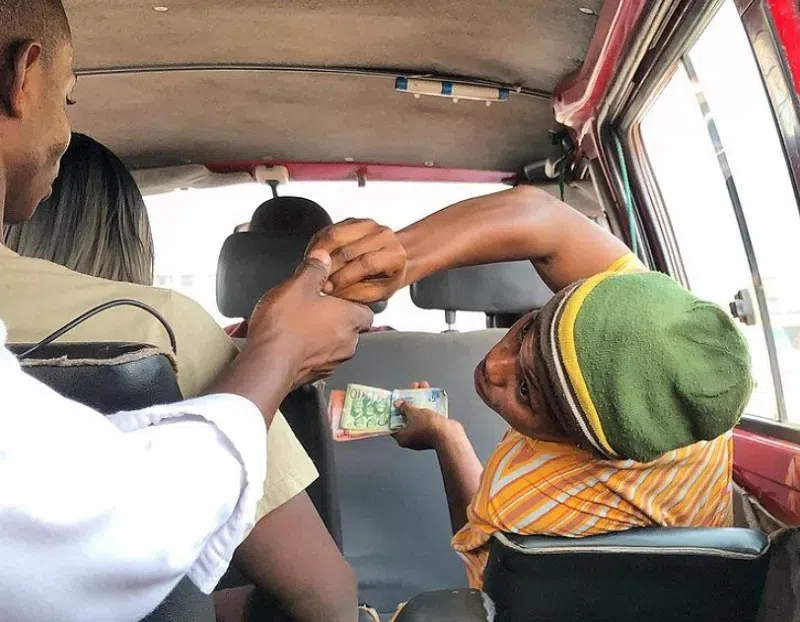

Facebook
Twitter
Pinterest
Instagram
Google+
YouTube
LinkedIn
RSS